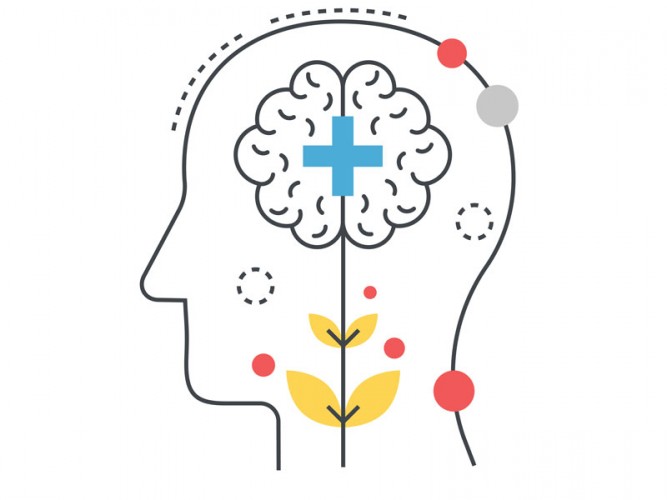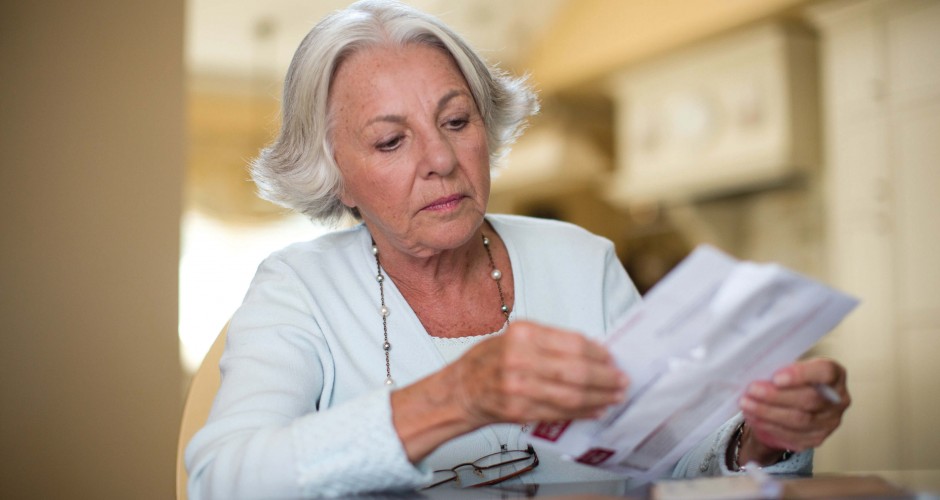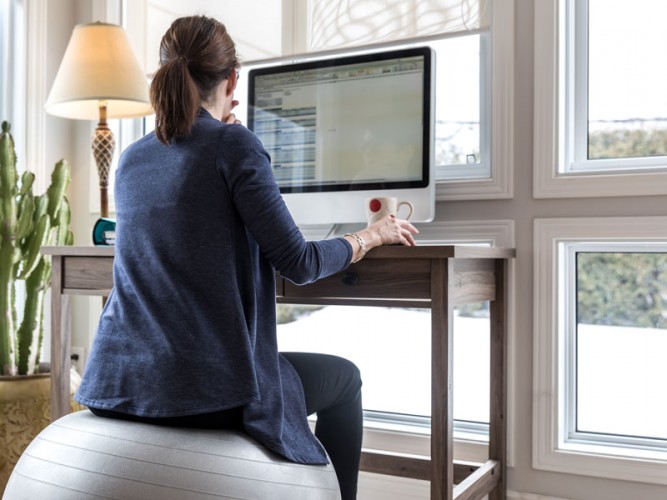If you’re feeling fearful or anxious about the coronavirus pandemic, that’s natural.
It’s how we’re hard-wired, said Sanford Health licensed psychologist Jon Ulven, Ph.D.
“We’re fundamentally animals and mammals,” he said.
Part of our brain constantly looks for danger. And if we perceive a potential threat to a community, we naturally experience fear, anxiety and nervousness.
A situation such as the pandemic that’s “novel, uncertain and potentially threatening … gives us a heightened amount of focus,” Dr. Ulven said.
A lot of people, particularly in the United States, have been shielded from this type of threat. As the questions and uncertainty about how to stop an infection are considered and debated, Dr. Ulven said some people will underestimate the threat, but that can lead to a broader spread of the infection. However, people who overestimate the threat may take more precautions than they need do.
Some people have more of a predisposition to anxiety than others, Dr. Ulven said. If they’re only sporadically having signs, such as a little upset stomach or trouble sleeping, for example, it’s probably closer to a normal level of anxiety. But if those develop into patterns of behavior, then it might be time to seek professional care.
While fear is normal, Dr. Ulven said we should let wisdom and logic guide our behavior. We have more control over our behavior and our thoughts than we do over our feelings.
Your behavior can help with anxiety
Now is a good time to evaluate your health behaviors and how they might affect your risk for acquiring coronavirus (COVID-19) and transmitting it to others.
Here are some behaviors you can control, Dr. Ulven said:
- Ask yourself — and be really honest — how often you actually wash your hands. And examine whether your hand-washing technique is adequate.
- Consider how often you touch your face. The virus can enter through eyes, nose and mouth.
- Answer honestly: “Am I in the higher risk category now?” If you are, decide what you’re willing to do to try to protect yourself and others.
- Keep proper perspective throughout the pandemic. In the big picture, humankind will survive this.
- Be careful how and when you consume news. “Increased news coverage doesn’t always mean increased threats,” he said.
- Gather information from reputable sources, and avoid sources who present themselves on social media as authorities when they really aren’t.
- Decide how often you look for news about the pandemic.
Dr. Ulven referred to Sanford Health’s “Facts Over Fear” campaign about the COVID-19 as a responsible approach to dispensing information.
Modeling behavior for kids
We can choose peaceful behaviors and model them for others, Dr. Ulven said.
Consider to yourself: “I am teaching my kids about how to cope with adversity. How do I want to model this? What do I want them to see?”
Decision-making based on wisdom and logic can address not only your anxiety, but anxieties children have as well. Dr. Ulven recommends honesty with them, too. For example, you could tell them that while we don’t know everything about the virus, we know that we’re more likely not to get it than to get it.
He also recommends encouraging healthy behaviors with children and others such as hand-washing techniques and finding healthier ways to interact rather than shaking hands.
If we let fear drive our decisions, he added, it can lead to behaviors such as hoarding supplies.
Staying in touch
People who have gone through a challenging community event such as a flood have acquired some wisdom and experience they can draw upon in this type of situation as well, Dr. Ulven said. They can consider how they behaved then, and whether they want to do anything differently now.
One concern Dr. Ulven has as a behavioral health provider, is the social distancing aspect of the pandemic. Short-term, isolation can be the healthier choice, to prevent the spread of infection. But, he said, “over time, human beings need to be interconnected.”
He suggests that people plan to maintain contact with others via mobile devices, Skype, FaceTime, or any other digital platforms. “Discuss the plan for staying in touch,” he said.
On the whole, he said, human beings “tend to be pretty resilient.” The vast majority of us will have no trouble bouncing back once the threat has passed.
But he urges us to “stay community-minded.” Be on the lookout for people who might not return to their normal selves. Ask if they’re OK. Resources for help can include visiting their primary care provider, or looking into their workplace’s Employee Assistance Program, or checking in with a behavioral health provider whom they’ve seen before.
The Anxiety and Depression Association of America offers resources for those struggling with anxiety about COVID-19 as well.
Information in this article was accurate when it was posted. As the COVID-19 pandemic continues, scientific understanding and guidelines may have changed since the original publication date. Read more about the COVID-19 vaccines.




